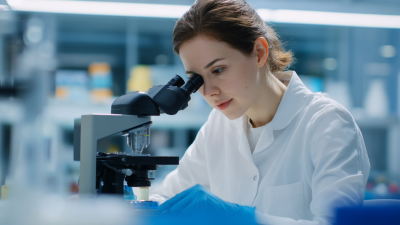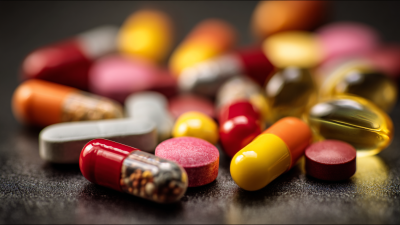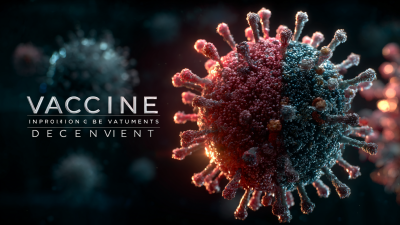In recent years, the landscape of healthcare has witnessed a significant transformation, particularly in the realm of Drug Delivery systems. As reported by the Global Drug Delivery Market Research Report, the sector is expected to reach a valuation of over $2 trillion by 2026, driven by advancements in technology and a growing demand for personalized medicine. The future of Drug Delivery is poised to enhance patient care through innovative methods that ensure precise, timely, and effective treatment.
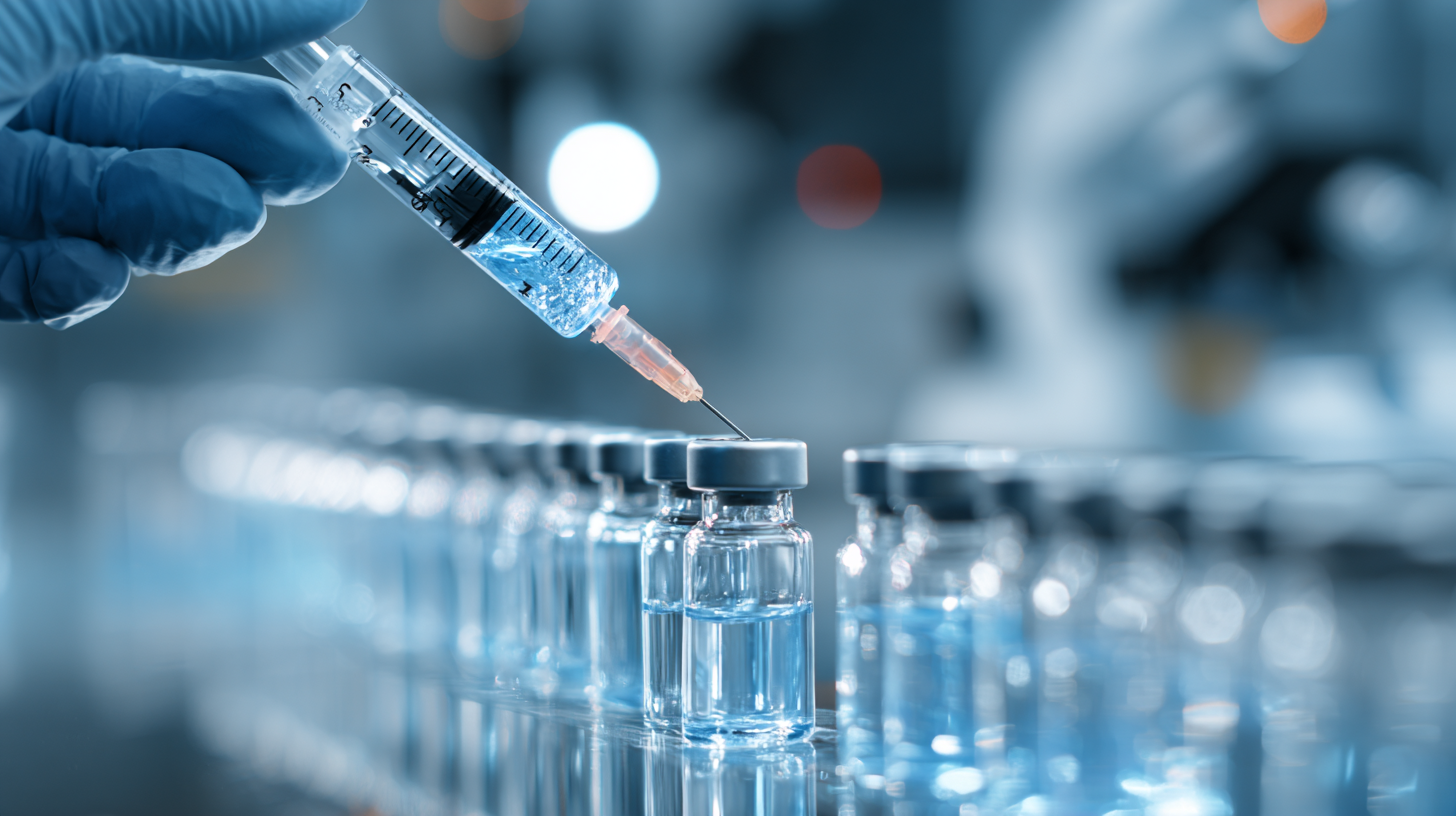 Techniques such as nanotechnology and smart drug delivery systems are revolutionizing how medications are administered and absorbed by the body, maximizing therapeutic effects while minimizing side effects. This shift not only emphasizes the importance of patient-centric approaches but also addresses critical challenges such as adherence and bioavailability, ultimately promising to improve health outcomes and enhance the quality of life for patients globally.
Techniques such as nanotechnology and smart drug delivery systems are revolutionizing how medications are administered and absorbed by the body, maximizing therapeutic effects while minimizing side effects. This shift not only emphasizes the importance of patient-centric approaches but also addresses critical challenges such as adherence and bioavailability, ultimately promising to improve health outcomes and enhance the quality of life for patients globally.
The landscape of drug delivery systems is undergoing a transformative shift towards more patient-centric care. Innovative concepts are paving the way for more tailored and efficient treatment options, addressing the unique needs of individual patients. For example, technologies such as micro-needle arrays and transdermal patches are gaining traction, allowing for painless administration of medication while enhancing absorption rates. These advancements not only improve patient compliance but also create a more comfortable experience during their treatment journey.
Tips for implementing these innovative drug delivery systems include considering the specific needs and preferences of patients. Encouraging feedback from patients can help refine the delivery methods and ensure they align with patients' lifestyles. Additionally, staying informed about emerging technologies can empower healthcare providers to make informed decisions when incorporating new methods into their practice. Leveraging a multidisciplinary approach involving pharmacologists, engineers, and patient advocates can further enhance the development of effective drug delivery solutions tailored to individual care.
By focusing on the patient's perspective, healthcare professionals can adopt innovative drug delivery systems that promote adherence, lessen side effects, and ultimately improve health outcomes. These advancements herald a future where medication can be delivered more effectively, ensuring that patient comfort remains at the forefront of their care strategy.
Emerging technologies are significantly reshaping the landscape of drug administration, particularly through advancements in artificial intelligence (AI) and innovative delivery systems. The CDER Emerging Drug Safety Technology Program highlights the crucial role of AI in enhancing pharmacovigilance, aiming to improve drug safety monitoring. These technologies allow for more precise tracking of adverse effects, facilitating quicker responses to potential safety issues, thus revolutionizing patient care.
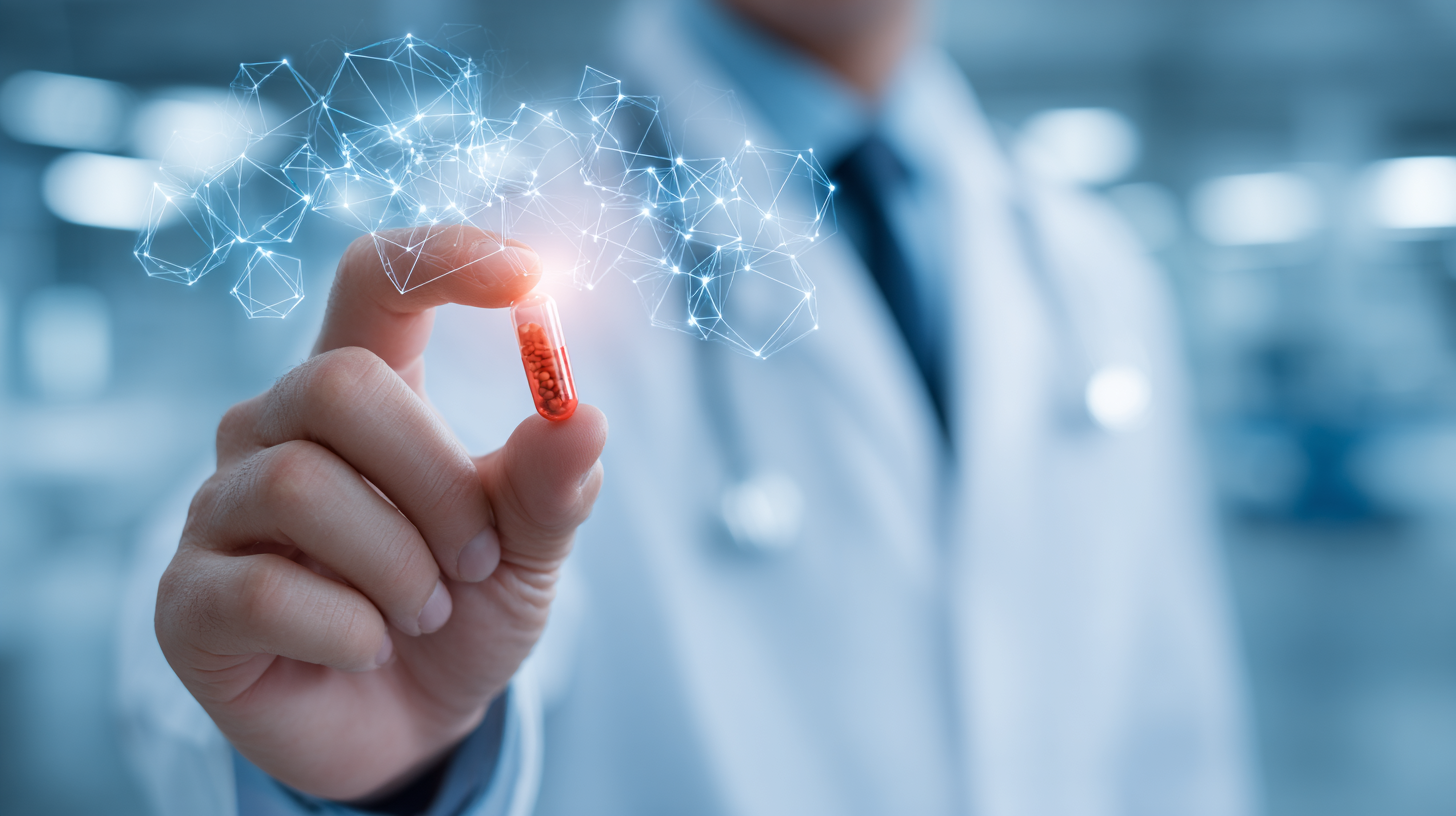
Additionally, the evolution of drug delivery methods, especially with the rise of peptide-based therapeutics and advanced platforms like nanoparticles and hydrogels, promises to enhance the efficacy of targeted treatments. These advancements support the development of more sophisticated systems capable of improving outcomes for chronic conditions, such as inflammatory bowel disease (IBD). As the market for drug delivery technology is projected to grow significantly over the next decade, integrating these innovations will not only optimize administration methods but will also pave the way for personalized medicine, ultimately transforming patient adherence and therapeutic effectiveness.
The future of drug delivery systems is set to transform patient care through personalization, addressing the unique needs of individuals. By leveraging advancements in technology and a deeper understanding of genetics, healthcare providers can tailor treatments that optimize therapeutic effects while minimizing side effects. Personalized drug delivery systems consider various factors such as a patient's genetic makeup, lifestyle, and even their environment, ensuring that medications are not only effective but also more aligned with the patients’ specific health profiles.
One of the most promising developments in personalized drug delivery is the use of smart technologies, such as micro and nano-carriers that can provide targeted delivery of drugs. These systems can adapt in real-time, adjusting release rates based on the patient's immediate condition or response to treatment. Additionally, by combining bioprinting techniques and artificial intelligence, healthcare professionals can create bespoke drug formulations and delivery schedules, paving the way for a more patient-centric approach in medicine. This revolution in drug delivery not only enhances efficacy but also fosters better adherence to treatment regimens, ultimately leading to improved health outcomes and patient satisfaction.
The future of drug delivery systems is becoming increasingly intertwined with the integration of smart devices. As the global drug delivery market is projected to reach $462.3 billion in value by 2024, the advancements in technology are paving the way for more efficient and targeted therapies. Smart devices play a critical role in these modern solutions, enabling real-time monitoring and personalized medicine. For instance, antibody-drug conjugates (ADCs) exemplify the potential of targeted therapies, where drugs are chemically linked to specific molecules to enhance precision in treatment.
Innovations in smart drug delivery systems extend to wearable devices and wireless technologies, which facilitate localized drug administration. Recent developments, such as wireless bioelectronics capable of controlled drug release based on external stimuli, are addressing significant challenges in fields like wound healing. The implementation of such devices indicates a paradigm shift in how medications are delivered and managed, ultimately improving patient outcomes and adherence to treatment regimens. As we look towards the future, the synergy between smart technology and drug delivery solutions promises a revolution in patient care, enhancing both the efficacy and experience of therapies.
| Drug Delivery System | Technology Type | Administration Route | Patient Benefits | Smart Features |
|---|---|---|---|---|
| Smart Inhalers | IoT Technology | Inhalation | Improved medication adherence | Real-time usage tracking |
| Wearable Injectors | Wearable Devices | Subcutaneous | Pain-free delivery | Dose reminders and alerts |
| Smart Pill Bottles | Connected Devices | Oral | Enhanced medication tracking | Notifications for missed doses |
| Patch Delivery Systems | Transdermal Systems | Transdermal | Steady release of medication | Integration with mobile apps |
| Smart Diabetes Management Devices | Integrated Systems | Intravenous/Subcutaneous | Real-time glucose monitoring | Automated insulin delivery |
As the healthcare landscape evolves, the transformation of drug delivery systems presents both challenges and opportunities in managing patient medication. The complexity of individual patient needs, particularly in diverse populations with varying health conditions, has compelled researchers and practitioners to innovate tailored solutions. The challenge lies in designing systems that can efficiently adapt to these differences, ensuring optimal therapeutic outcomes while minimizing adverse effects. Advanced technologies, such as smart pill systems and wireless drug delivery, aim to address these issues, but integrating them into existing healthcare frameworks remains a significant hurdle.
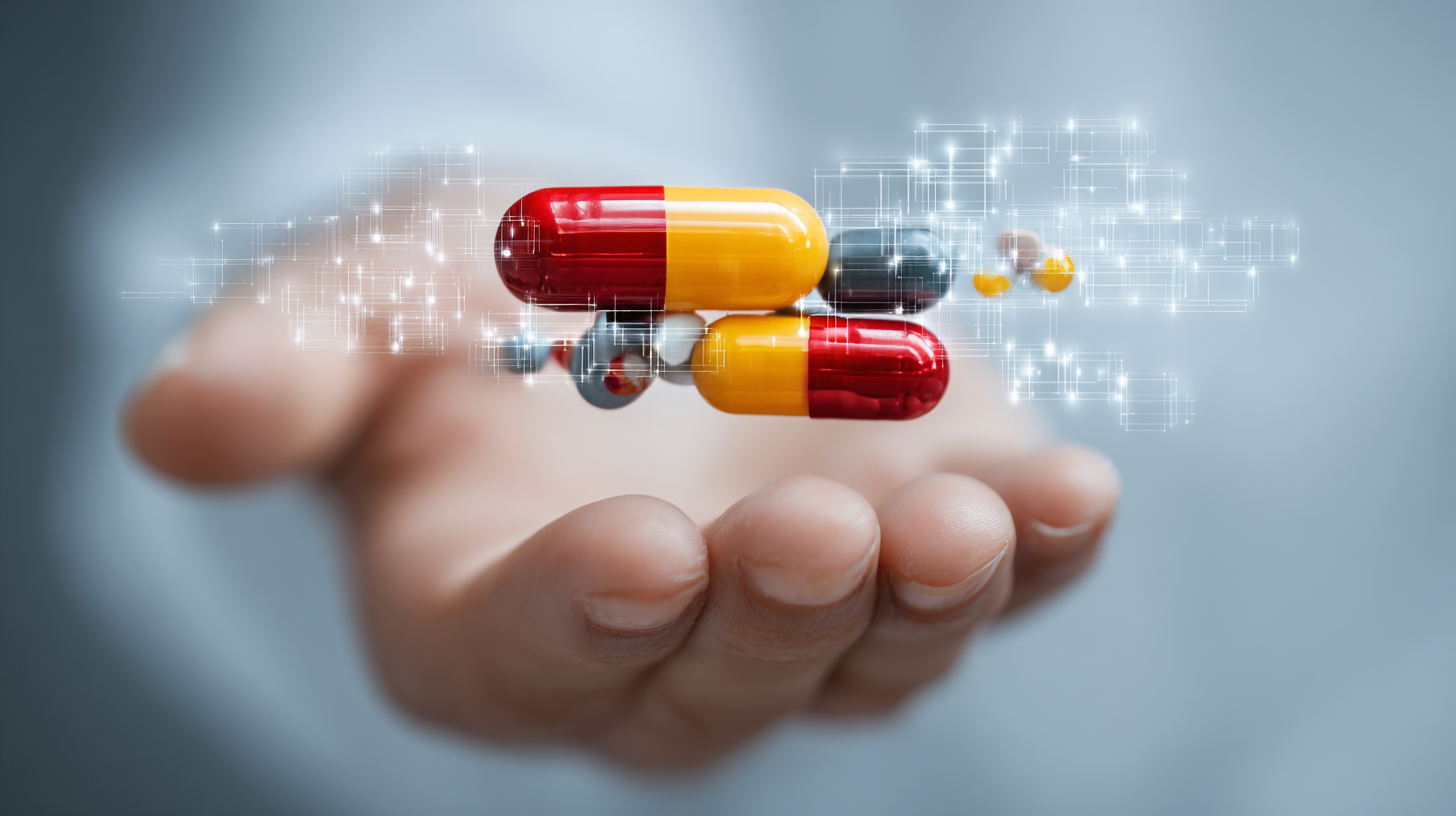
On the opportunity front, the rise of personalized medicine fosters a greater understanding of specific patient profiles, paving the way for more precise drug delivery mechanisms. By leveraging data analytics and wearable technology, healthcare providers can monitor patient responses in real-time and adjust medication regimens dynamically. This adaptability not only enhances patient adherence but also empowers individuals to take an active role in their treatment. As we explore the future of medication management, embracing these changes with a focus on patient-centered care will be paramount in overcoming obstacles and maximizing the potential of revolutionary drug delivery systems.



